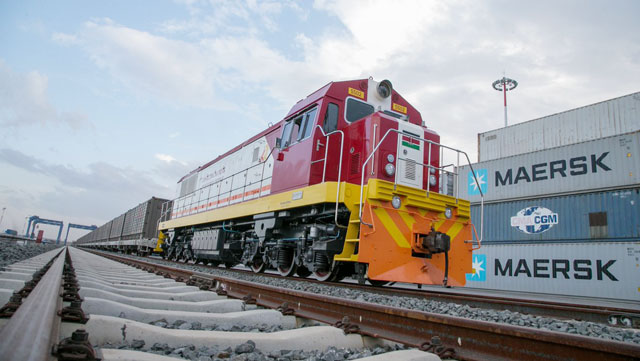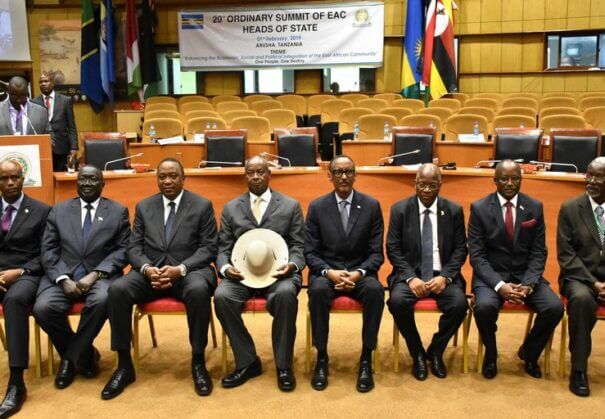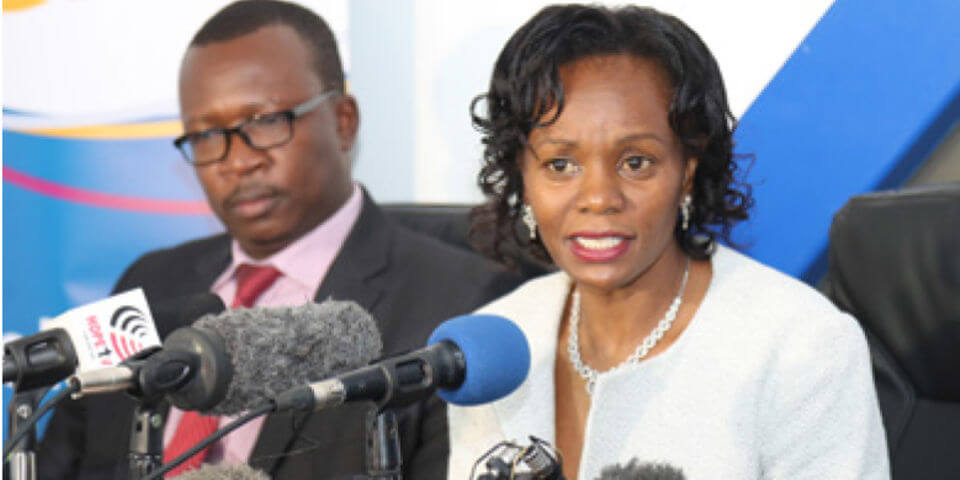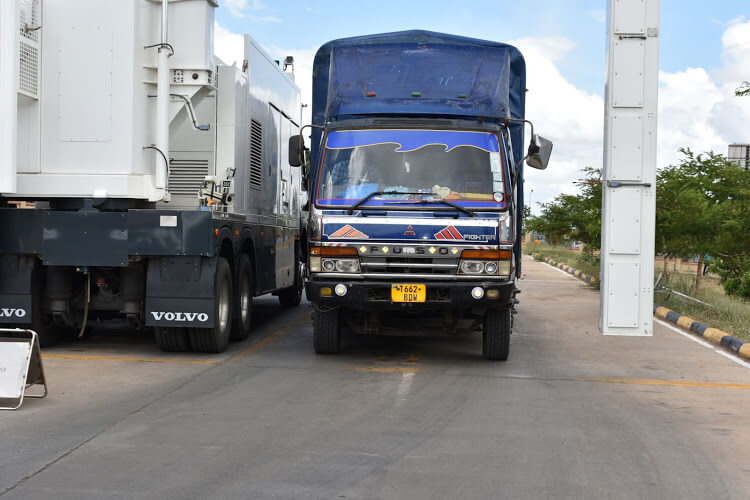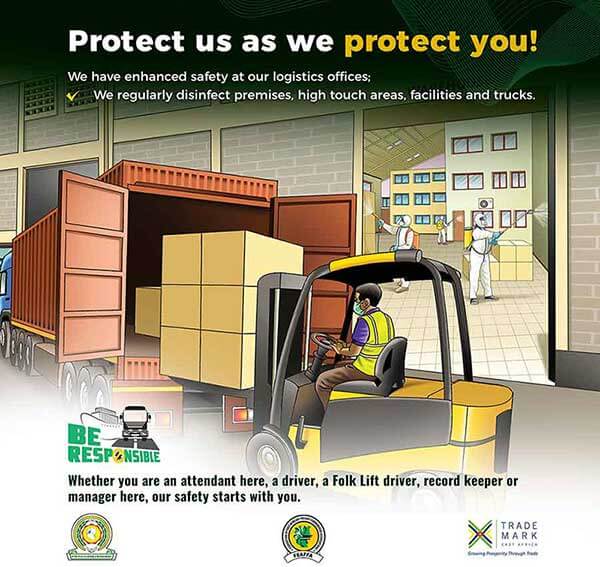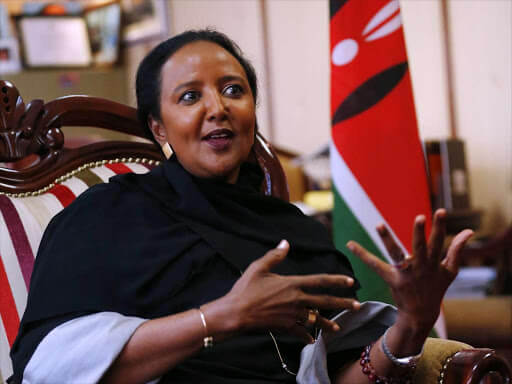Nairobi, Kenya | Xinhua | Passenger numbers and cargo volumes on Kenya’s standard gauge railway (SGR) trains maintained a steady climb in August, pointing to increased demand for the service following the reopening of the country as COVID-19 cases declined. Some 32,641 passengers used the SGR passenger train in August, up from 19,502 in July when the service was restored, according to the latest data from Kenya Railways Corporation (KRC) released on Wednesday. The near-doubling of the number of passengers traveling between the capital Nairobi and the coastal city of Mombasa portends better prospects for Kenya’s tourism sector, which is currently being driven by domestic travelers. KRC on Oct. 1 increased the number of express trains to and from Nairobi and Mombasa to cater for the rising demand for the service. Revenue from the passenger service, similarly, rose to 39.5 million shillings (about 365,740 U.S. dollars) during the month, up from 211,111 dollars in July. Export cargo during the month surged to 355,163 metric tonnes, up from 316,189 in July, according to KRC, an indication of rise in overseas shipments. However, import cargo fell slightly in August to stand at 2.18 million metric tonnes, down from 2.46 million metric tonnes, the KRC data shows. Read the original article
Kenya’s SGR passenger, cargo volumes surge amid resumption of economic activities
Posted on: October 13, 2020
Posted on: October 13, 2020

